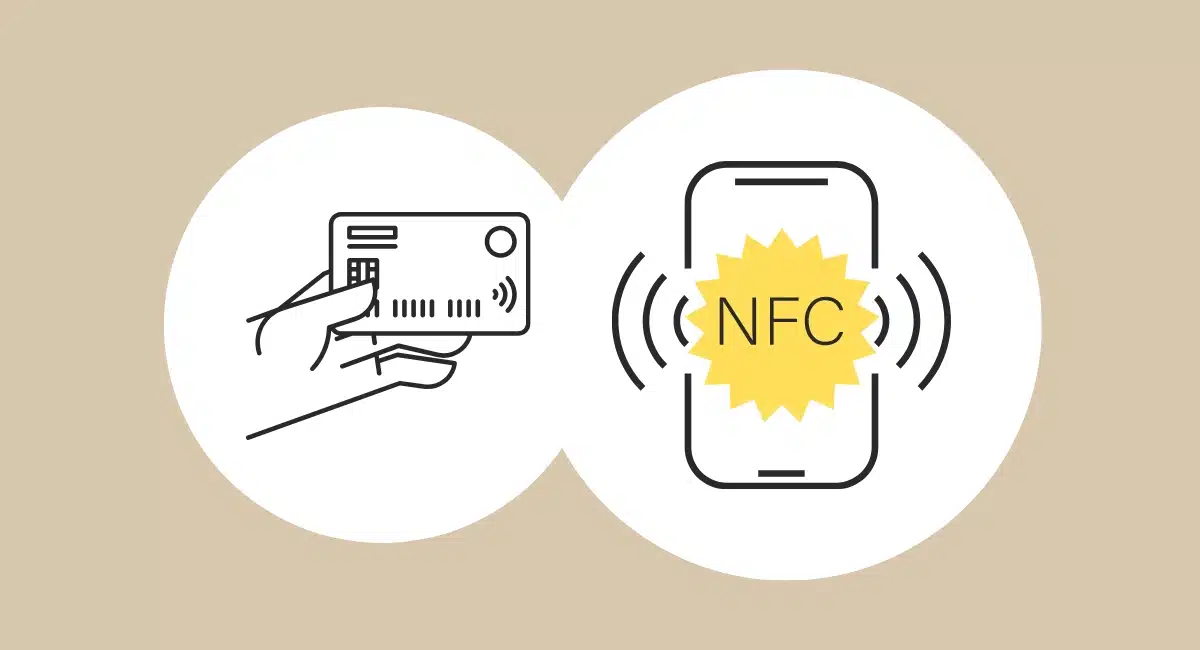Two recent reports on the cost to the economy of late payments and the inability to take payments by card have again shown the potential and need for low-cost and flexible mobile point of sale devices, such as those offered by iZettle and SumUp. This analysis shows how mPOS systems may help alleviate these two related problems in the UK economy: the inability to take payments, and late payments.
Late payments endemic in the UK
A recent BBC report and investigation focused on the issue of cash flow problems faced by SMEs, which are caused when big companies take excessively long periods of time to pay them, and in the worst-case scenario are forcing SMEs out of business.
According to the BBC Radio 5 Live Investigates report, the problem is on the rise and is especially prevalent in the construction industry where many major construction projects are undertaken by subcontracting parts of the work to small businesses.
However, the problem of late payments is not exclusively limited to that sector, but a problem throughout the entire economy. While accepting credit card payments instead of invoicing will not be the solution in all circumstances, at a certain level like an individual tradesman or even an SME carrying out any type of work, encouraging the use of credit card as a means of payment through a simple mPOS system could avoid the issue of late payments altogether.
£30 billion in late payments
This problem was behind the establishment in 2008 of the Prompt Payment Code, a voluntary scheme set up by the UK Government that is administered by the Institute of Credit Management. According to the official website for the scheme, companies that sign up to the Code agree to undertake three core aims: 1) to pay suppliers on time, 2) to give clear guidance to suppliers, and 3) to encourage good practice.
Many SMEs told the BBC reporters that the code is being ignored despite the fact it has been signed up to by over 1,500 companies. In fact, 30 billion pounds is owed to businesses in the UK in the form of late payments, which has a negative knock-on effect throughout the entire economy.
Example of mPOS systems and contractors
One of the problems in payments highlighted by the report was the complex nature of the process in the construction industry.

Some app-based payment systems send automated invoice reminders, and transaction history is always stored in the cloud.
But perhaps here again, the flexibility of mPOS systems could be a partial solution for at least some SMEs.
Payleven has recently concluded a deal with Screwfix and its sister brands Plumbfix and Electricfix to become the first trade supplier in the UK to stock the Payleven system.
This will allow all types of tradesmen to charge customers using the mPOS system.
While some of the problems are associated with larger and more complex contracts, it is nevertheless clear that at least for some tradesmen and SMEs, an mPOS system could help avoid the problem of late payments altogether and clearly has the potential to make a dent in the £30 billion in late payments.
No card reader, no sale
The other side of the late-payment coin is the no-payment coin. UK consumers are increasingly moving towards cashless payments, with research showing that businesses failing to take card payments run a high risk of losing sales altogether.
Research by Judo, a company providing card payments for mobile apps, revealed that nearly a fifth of consumers asked had left a store because they couldn’t use a card, and that a vast majority of respondents (70%) would prefer to use a card to make payments.
In this scenario, it is easy to see the benefits offered by systems like iZettle, Payleven and SumUp. They are all designed specifically with smaller businesses in mind and quite simply offer a revolution in terms of simplicity and flexibility.
The systems are all easy to use, do not contractual periods and are based on a small fee percentage of the transaction sum. You can read a detailed comparison of the different mobile point of sale systems currently competing in the UK.
While mPOS systems may not solve the problem of late payments entirely, they clearly offer many businesses a great opportunity. Opportunities should never be squandered.




